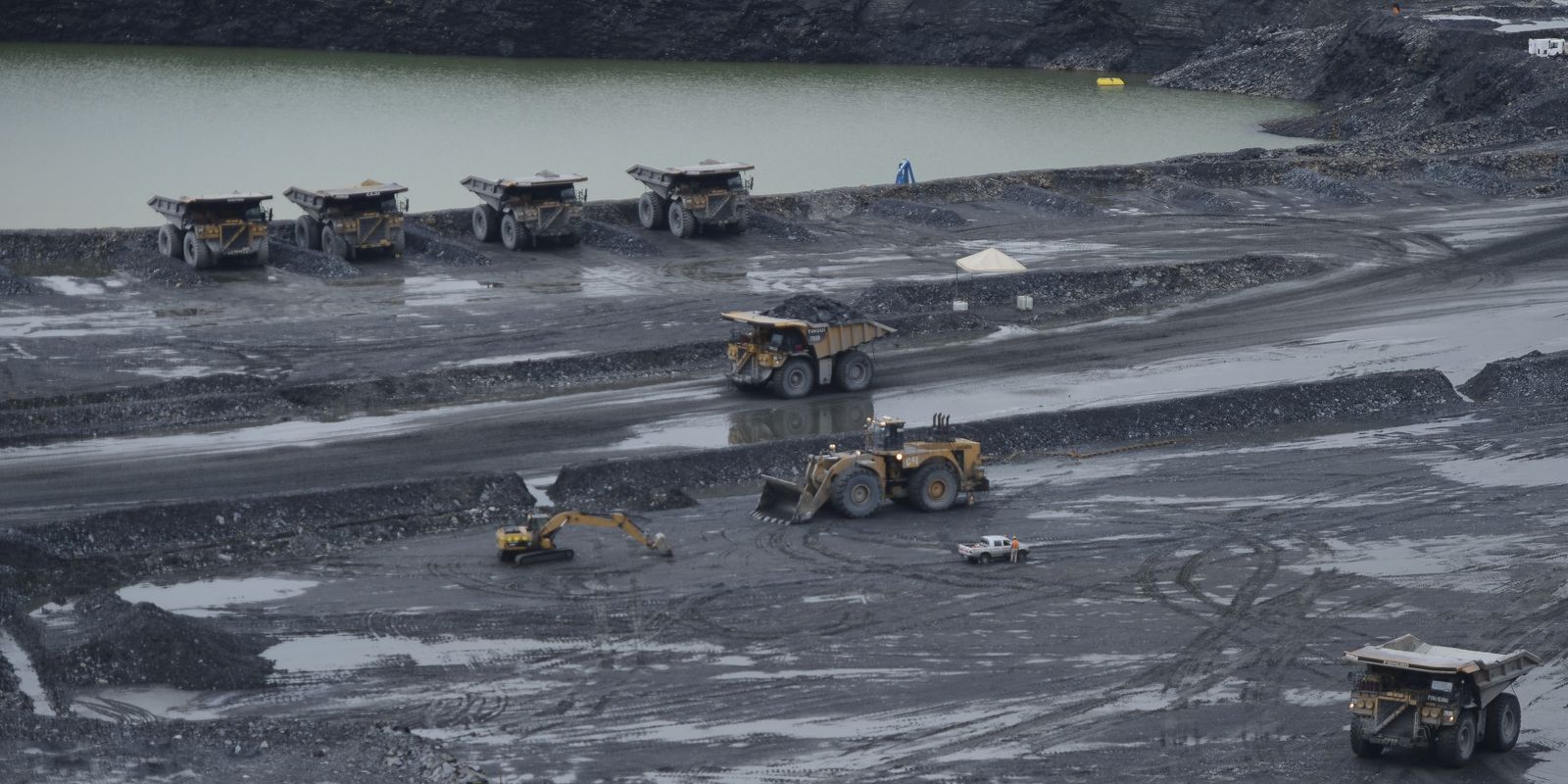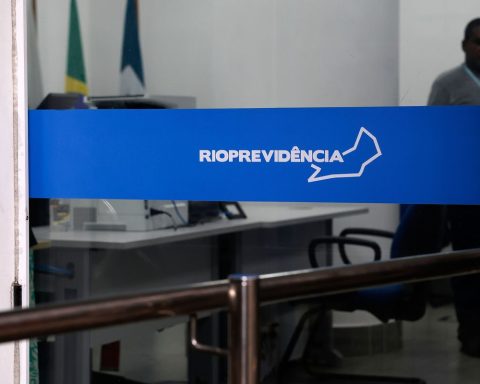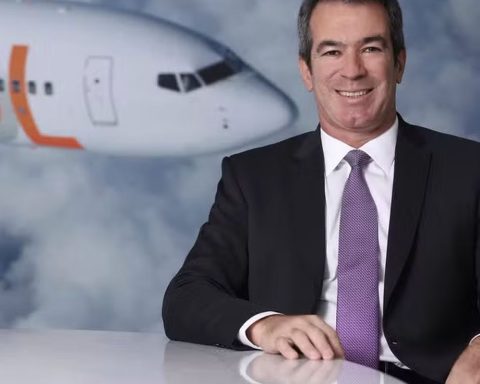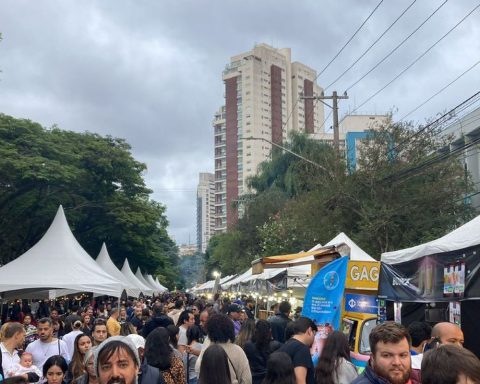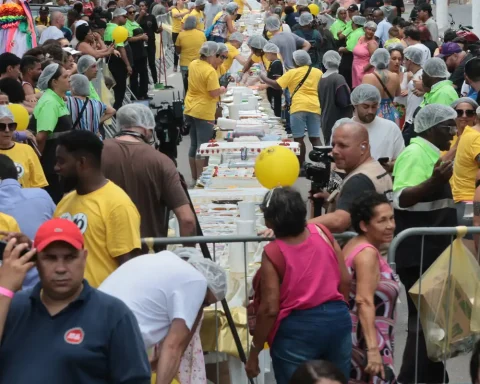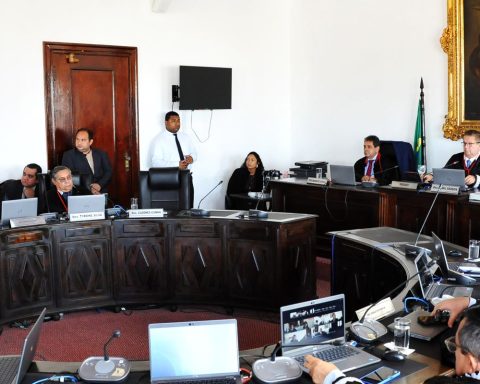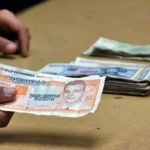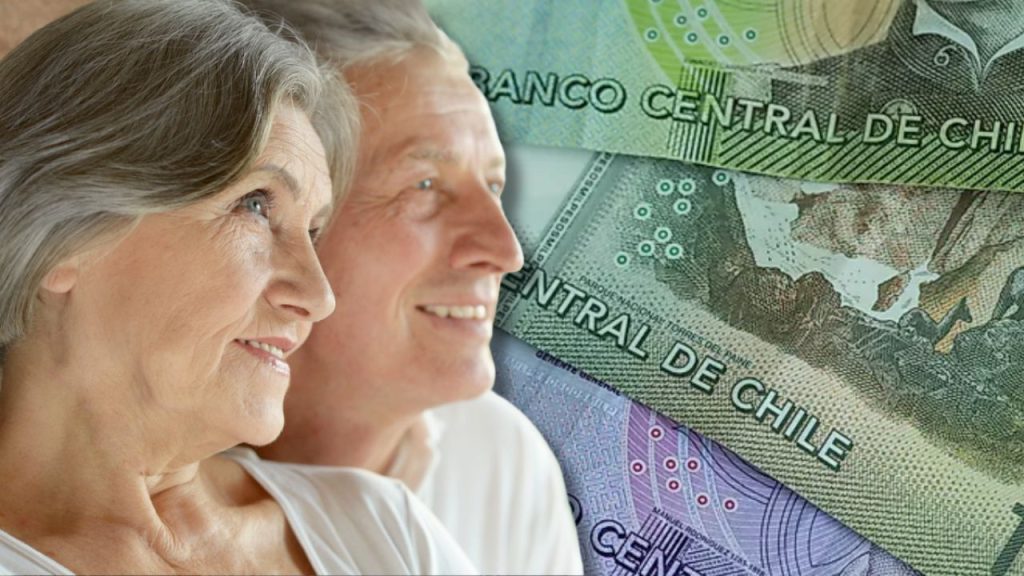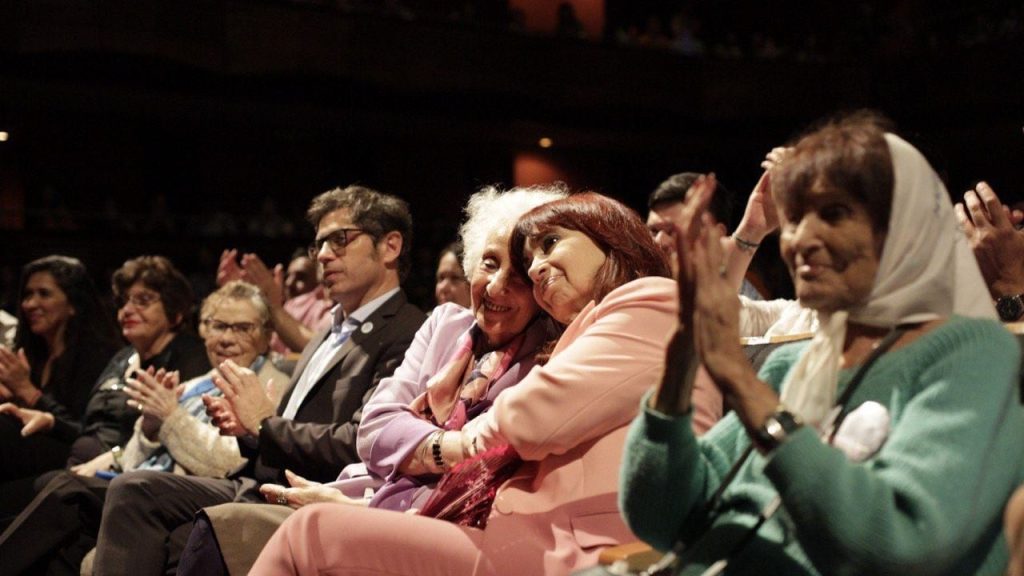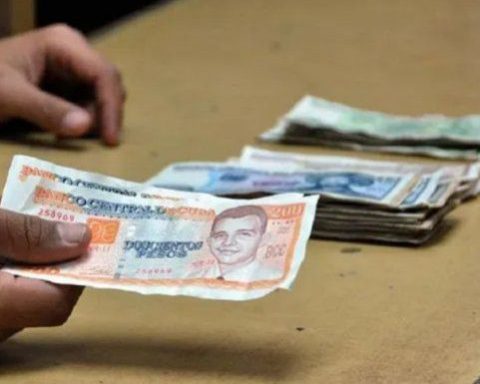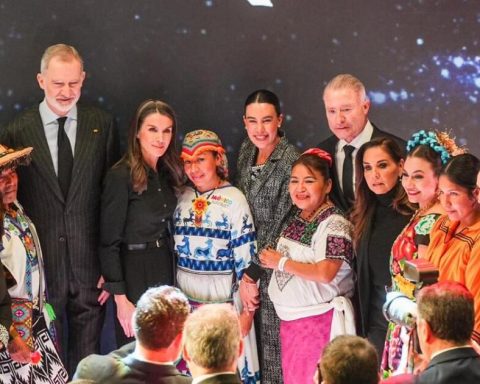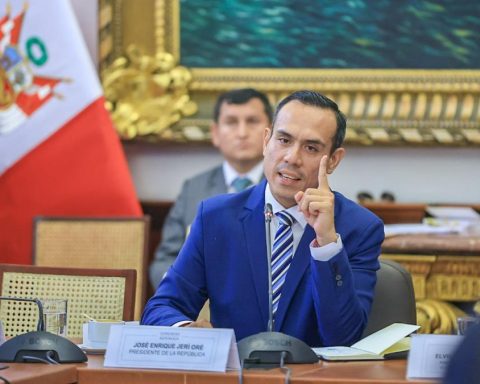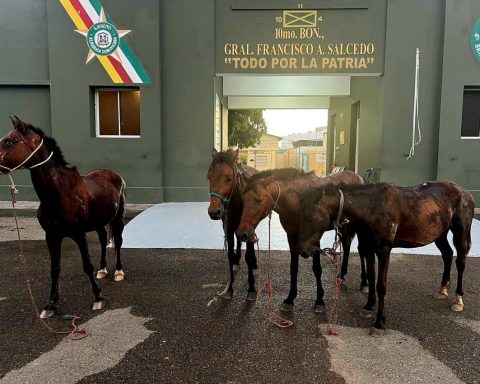The revenues of the Brazilian mineral sector by 2024 was R $ 270.8 billion. The amount represents a 9.1% increase in comparison with 2023. The consolidated data of the last year are part of the balance that was presented on Wednesday (5) by the Brazilian Mining Institute (IBRAM), which represents the largest mining companies acting in the country.
According to the entity’s CEO Raul Jungmann, growth was driven by the valorization of the dollar and also by revenues with iron ore, which recorded 8.6% in comparison between 2024 and 2023. In a scenario where the price of ton in the international market fell 9%.
“We had an increase in terms of iron ore production and because of that we also had an increase in revenues,” Jungmann said. It is the main commodity of the sector. In the last year, iron ore accounted for 59.4% of all revenues and 68.7% of all exports.
IBRAM data also highlights copper (25.2%) and gold (13.3%) advances. Unlike what happened to iron ore, the high involving these two minerals was driven by a growth in prices in the international market.
The two main mining states of Brazil, Minas Gerais and Pará accounted for 76% of all sector revenues. Minery developments contributed R $ 108.3 billion, while Pará with R $ 97.6 billion. Following, closing the list of the five states with best performance, appears São Paulo (R $ 10.3 billion), Bahia (R $ 10.1 billion) and Goiás (R $ 9.6 billion).
According to Jungmann, the appearance of the Paulistas in third position configures a surprise and was driven by revenue with construction aggregates, which had increasing demand in 2024.
Other data released by IBRAM indicates an 8.6% increase in the collection of financial compensation for the exploitation of mineral resources (CFEM), a tribute known as the ore royalty. He left R $ 6.9 billion in 2023, went to R $ 7.4 billion in 2024.
IBRAM’s estimated investment estimated for the next quadrennium also rose. The increase was 6%, leaving R $ 64.5 billion for the period between 2024-2029 to R $ 68.4 billion for the period between 2025 and 2029. “Investment estimates in terms of logistics, it grew up in Terms of projects related to iron and has also grown in social and environmental terms, “says Jungmann.
Trade balance
According to Ibram, the commercial balance of the mineral sector closed with surplus of R $ 34.95 billion. The value would represent 47% of Country Balance. Exports jumped 0.9%from R $ 43.04 billion by 2023 to R $ 43.43 billion in 2024. On the other hand, imports retreated 23.1%. Closing last year at $ 8.48 billion. By 2023, it had been $ 11.02 billion. Raul Jungmann considers that the rise of the dollar and the escalation of the war between Ukraine and Russia in 2022 influenced import numbers.
“As a result of the conflict, there has been much anticipation of purchases in recent years, which have not been repeated in 2024. There was a higher precaution, companies have made stocks, particularly for potassium, phosphate, charcoal, for example, which are The main import items of Brazilian mining and also other sectors that use them as inputs “.
IBRAM’s CEO, he said he believed that President Donald Trump’s inauguration in the United States will have little impact on the sector in Brazil. He commented on the posture assumed by the government of the US country involving the taxation of imports. “Today, 80% of our exports are directed to Asia and particularly to China. So this already reduces the impact if the US government takes this direction. In addition, even if a tariff comes, we need to understand It will reach Brazil and if it will be general or if it will be selective, affecting only some products, “he said.
Critical Minerals
Jungmann said that even business involving critical minerals should not be affected. Critical minerals or transitional minerals are those whose current availability is limited and exploration has been increasingly necessary to ensure the energy transition, as they are essential for the manufacture of parts and equipment associated with the idea of green energy. For example, there is demand for copper in wind power plants, silicon for photovoltaic panels, nickel and lithium for batteries. This demand has already resulted in increased production, as well as conflicts on exploratory fronts, according to last year a survey produced by researchers from different federal universities.
“We were partnering and already talking advanced with the United States, given the climate issue. Now, by the first signs of Trump administration, we are realizing that it changes direction, but the interest in critical minerals continues, but focusing In defense and technological innovation, where they are also essential, “said Jungmann. He also assessed that regardless of the United States, the climate issue will continue to be a agenda for European governments.
“Today there is no possibility of overcoming the energy emergency and moving to a neutral society without minerals. Without them, there are no batteries, no electric cars, no photovoltaic plates. Oil only speaks back, because it is fossil, While we talk forward.
Selective tax
During the presentation of the 2024 balance, Ibram again criticized the Selective taxwhich has as its principle selectivity, that is, uses taxation to discourage the consumption of selected goods. Targets are usually products that cause harm to health and the environment. It is already adopted by other nations and has won the nicknamed in English by Sin Tax.
In Brazil, the selective tax is one of the new taxes provided for in the tax reform approved last year by the National Congress and regulated by law sanctioned by President Lula last month. Was approved Its incidence on mineral goods, as well as sugary and alcoholic beverages, gambling, vessels and aircraft, smoke products (cigarettes and related) and vehicles. There was a device in the text removing the selective tax commodity tax intended for export. Lula, however, vetoed this stretch.
It will still be necessary to approve a New Bill which specifically regularly the new tax, in which the rates and other details will be defined. According to Jungmann, Ibram understands that export taxation is unconstitutional and expects Congress to overthrow Lula’s veto.
“We will fight with all our strength to suppress this. It was a huge fight last year and we got the final text to remove the incidence on export. Politicians, it is a mistake in terms of Brazil and is a constitutional error. People expect this to be possible. But if necessary, we will judge this issue, be sure of it, “said Jungmann.
